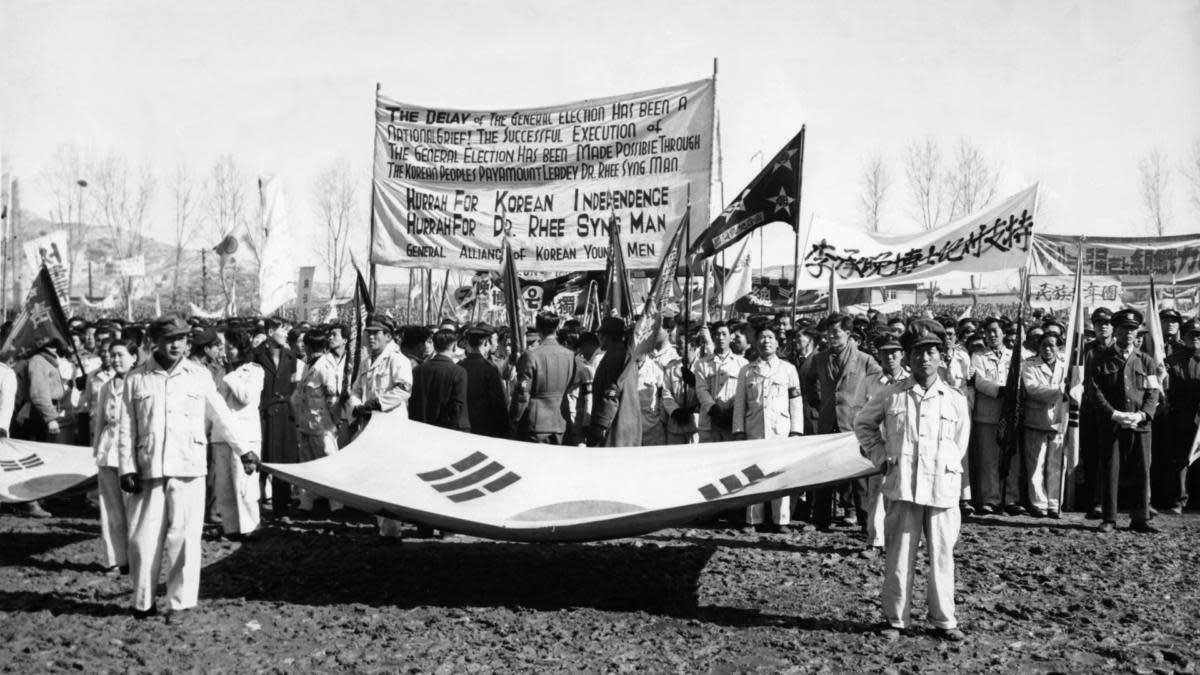Han is considered by many as a deep feeling of bitterness, grief, or melancholy. Although its meaning is hardly joyful, it represents a key element of Korean identity, since no translation perfectly transcribes what Han can mean. Han can be considered as a painful psychic state, the tumult of emotions experienced when one feels at the same time sorrow, distress, suffering, regret, affliction, melancholy, attachment, nostalgia, impatience, lack, despair, oppression, lamentation, frustration, and many other emotions of this register.
Let's have a deeper look at what Han truly is!
Even though this particular feeling is something that Korean people felt for a long time, it is during the Japanese colonial occupation of Korea (1910 and 1945), that the Han was at its paroxysm. At that time, strong repression of Korean culture and identity was operated, so much so that there was a policy of assimilation culture so that Koreans "become" Japanese. The Han thus finds its source in this loss of identity imposed during the war and the separation of Korea in two which resulted from it. Han can then be interpreted as the absence of hope to get out of a precarious situation, or the feeling of helplessness in the face of an event that cannot be changed.
This unifying feeling allowed Koreans to regain possession of their land after the occupation. Even in neighboring countries such as China and Japan, this feeling of injustice, this cry of pain, would not exist, at least linguistically. The Han permeates the cultural identity so much that the people began to sing it to give courage in the face of adversity. The best example remains the traditional Pansori song, now classified as an intangible cultural heritage by UNESCO. In the field of art, the Han manifests itself more in painting, music, dance, and literature.
It is of course very difficult to represent such a vague, but powerful feeling as the Han, and yet the works of art on this subject often make everyone believe in it. For example, the song 'Arirang' almost represents the Korean national anthem as it is known and appreciated both in South Korea and in North Korea. It must be said that before Korea was divided in two, the Han was felt by the entire peninsula in unison.
We also find the Han in poetry, an escape for many women at that time to express their sadness and melancholy. The Han especially found its place in the independence movements and in the martyrdoms that resulted from oppression. Japan had justified its annexation and occupation of Korea with a desire to educate a people then considered uncivilized and inferior by the Japanese. The Han was thus a way of repressing these accusations, and of crying out in despair at the situation. It is perhaps the most accurate word to represent the people that the Koreans form.
Nowadays, Han manages to reach the young Korean and foreign population with the help of K-Pop and K-Dramas. Here again, it is a complicated exercise to represent this feeling, but the strength of the Han is above all its diversity. A small detail, a word, or a gesture can represent the Han. Have you ever noticed it? What do you think of this particular feeling? Do you have the same thing in your country? Let us know in the comment below!



